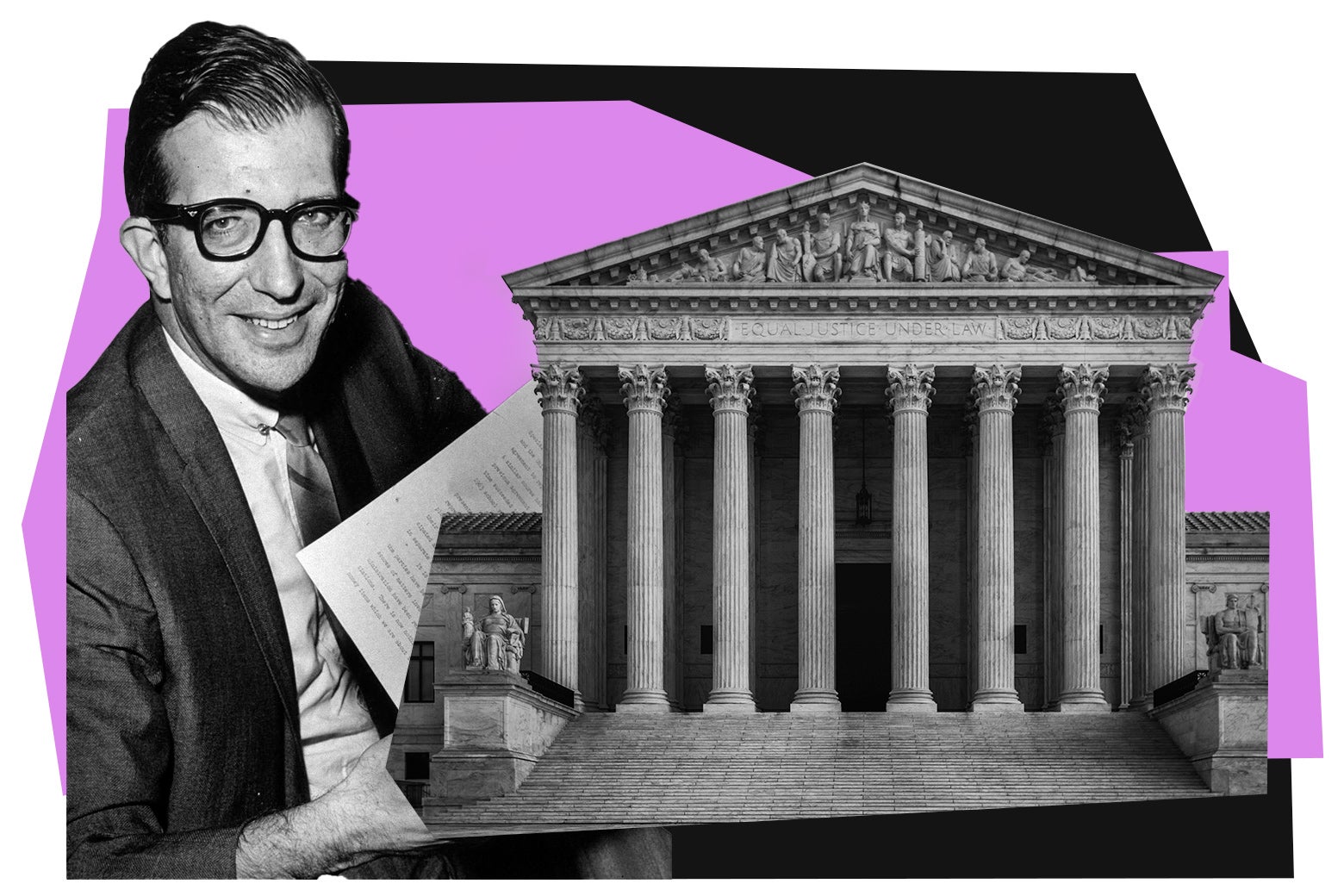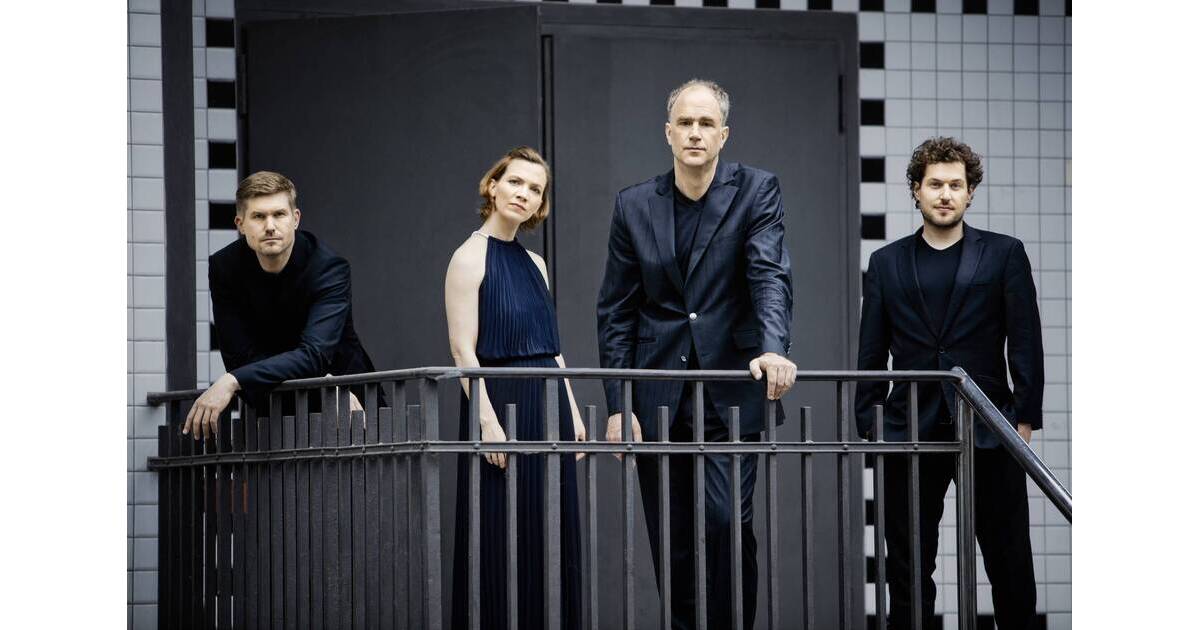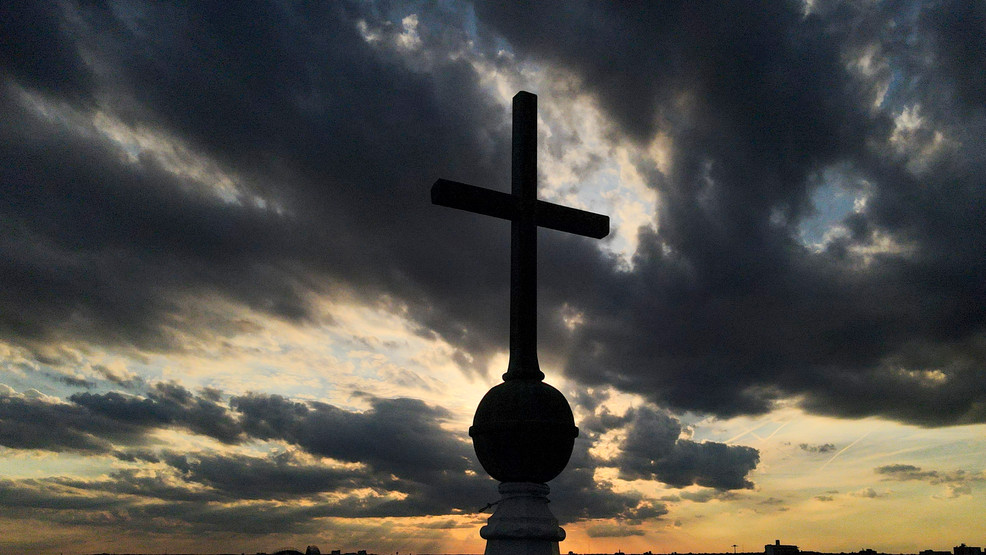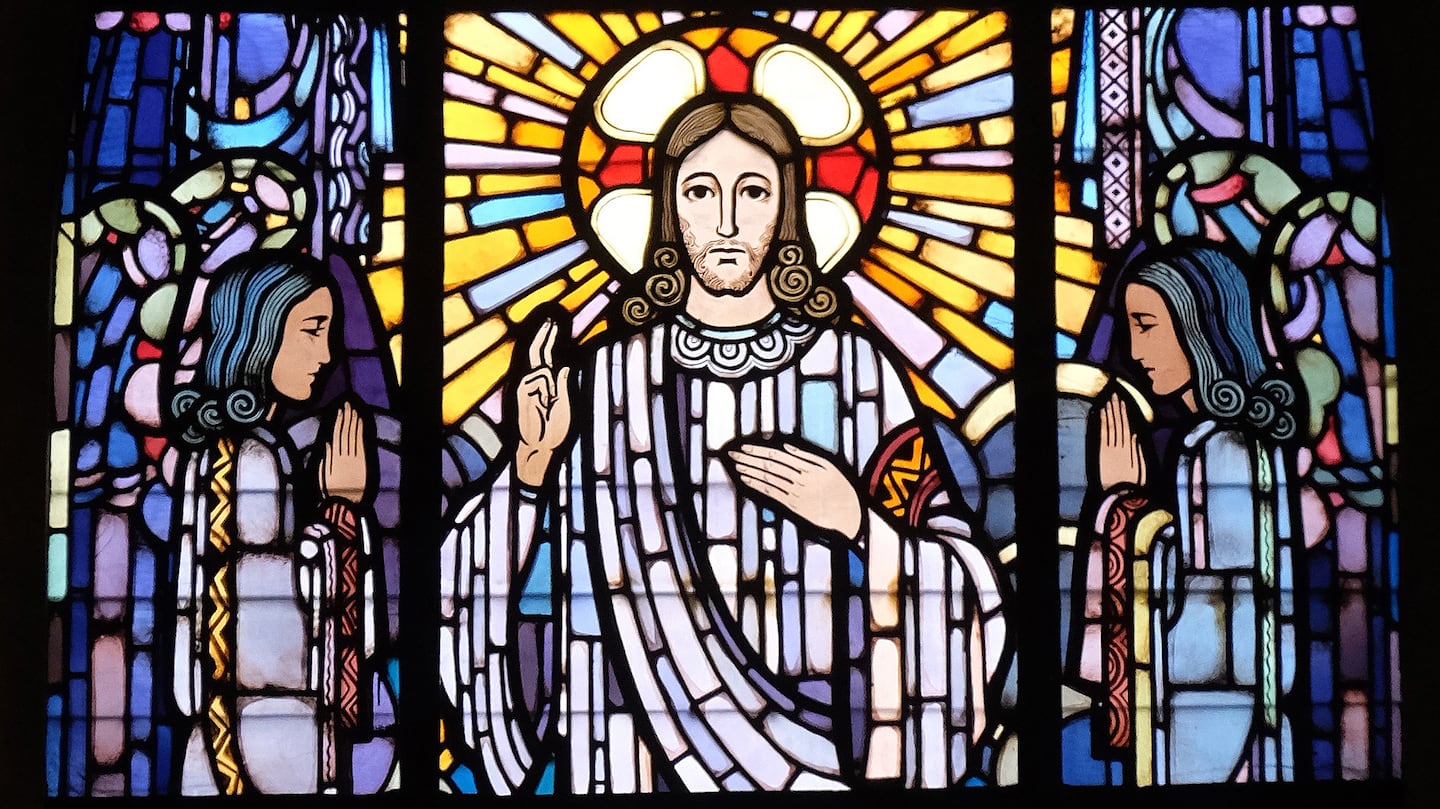From Spiritual Uncertainty to Sacred Baptism: Gemelli Doctor's Transformative Easter Vigil Journey
Religion
2025-04-15 10:26:37Content
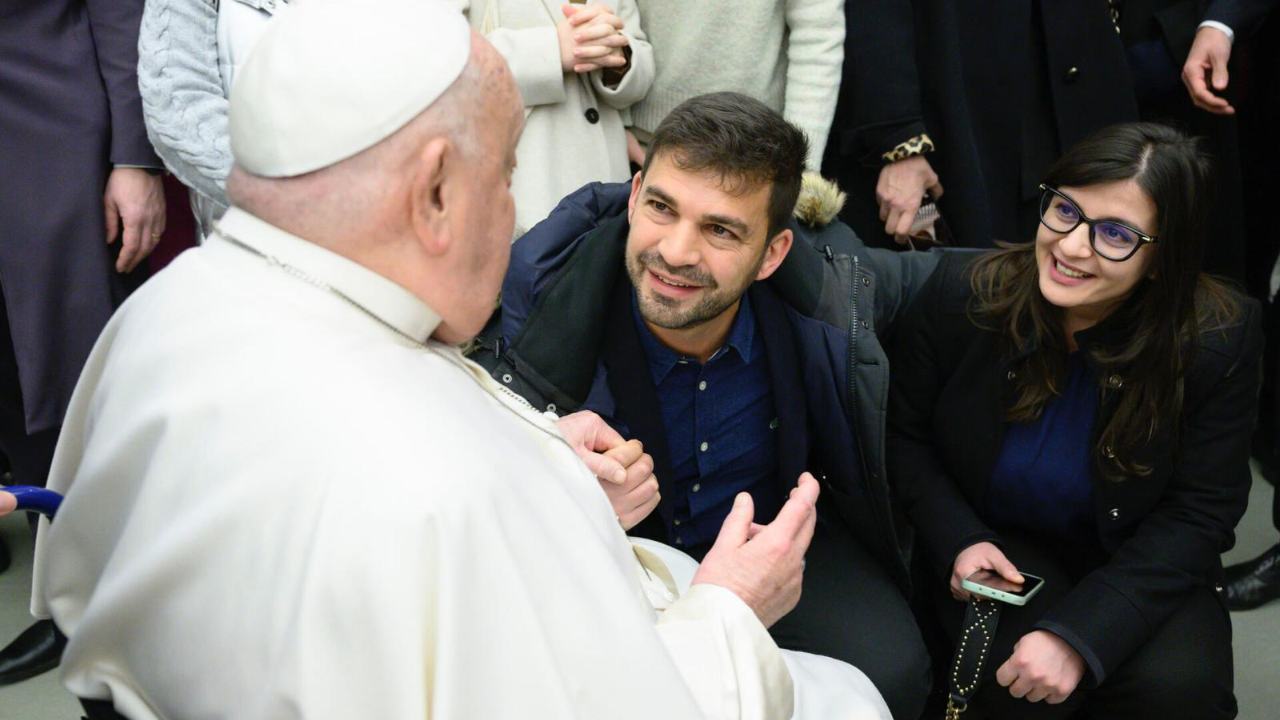
From a land where faith was once silenced to the hallowed halls of Vatican City, Ilda Hoxhaj's spiritual journey is a testament to resilience and hope. Growing up in Albania during a time when religious expression was strictly forbidden, Ilda's path to faith has been anything but ordinary. Now, on the sacred eve of Easter, she stands poised to embrace her Catholic identity through a profound baptism in the iconic St. Peter's Basilica.
Her upcoming baptism on Holy Saturday represents more than a personal milestone—it symbolizes the triumph of spiritual freedom over decades of religious suppression. As she prepares to be fully received into the Catholic Church, Ilda's story reflects the remarkable transformation of a nation that once sought to eradicate religious belief, and her own courageous journey of spiritual discovery.
From Suppression to Salvation: A Journey of Faith in Post-Communist Albania
In the shadows of a nation once gripped by religious oppression, a profound spiritual transformation emerges, revealing the resilient human spirit's capacity to reconnect with faith after decades of systematic suppression. The story of Ilda Hoxhaj represents more than a personal religious journey; it symbolizes Albania's complex religious renaissance in the post-communist era.Rediscovering Spiritual Identity in a Land of Renewed Religious Freedom
The Historical Context of Religious Suppression
Albania's tumultuous religious landscape during the communist era was characterized by extreme secularization and systematic persecution of religious practices. Under the totalitarian regime, religious expression was not merely discouraged but actively criminalized, forcing generations of believers underground. The state's aggressive atheistic policies transformed religious institutions, transforming sacred spaces into museums and cultural centers while systematically dismantling spiritual communities. During this period, practicing any form of religious belief became an act of profound personal courage. Families like Hoxhaj's were compelled to navigate a complex social environment where spiritual identity was suppressed, and religious traditions were forcibly erased from public consciousness. The psychological and cultural impact of this prolonged religious prohibition created generational trauma that would take decades to heal.Personal Transformation and Spiritual Awakening
Ilda Hoxhaj's journey represents a microcosm of Albania's broader spiritual reconstruction. Growing up in an environment where religious practice was historically forbidden, her path to embracing Catholicism symbolizes a deeply personal act of reclaiming cultural and spiritual heritage. The decision to be baptized in St. Peter's Basilica on Holy Saturday transcends individual religious commitment, embodying a collective national narrative of spiritual renewal. The significance of her baptism extends beyond personal religious experience. It reflects the broader societal transformation occurring in Albania, where citizens are progressively reclaiming their right to spiritual expression. Each individual story of religious reconnection contributes to a larger mosaic of cultural healing and identity reconstruction.The Catholic Church's Role in Post-Communist Spiritual Restoration
The Catholic Church has played a pivotal role in supporting spiritual restoration in Albania. By providing structured pathways for religious exploration and offering supportive community frameworks, the church has become a critical institution in helping individuals like Hoxhaj navigate their spiritual journeys. The baptism ceremony in St. Peter's Basilica represents not just a personal milestone but a symbolic reconnection with a global Catholic community. Religious institutions have carefully balanced respecting individual spiritual experiences while providing structured guidance. This approach has been crucial in helping generations emerging from religious suppression to explore their faith authentically and without coercion. The church's compassionate and patient approach has been instrumental in facilitating genuine spiritual exploration.Psychological and Cultural Implications of Religious Freedom
The process of religious rediscovery in post-communist societies involves complex psychological and cultural dynamics. For individuals like Hoxhaj, embracing religious identity represents a profound act of personal liberation. The ability to openly practice faith becomes a powerful mechanism for healing historical wounds and reconstructing individual and collective narratives. Psychological research suggests that reconnecting with spiritual traditions can provide significant emotional and mental health benefits, particularly for communities emerging from periods of systemic oppression. The restoration of religious freedom allows individuals to reconstruct their sense of identity, community, and personal meaning.Albania's Ongoing Spiritual Renaissance
Ilda Hoxhaj's baptism serves as a powerful metaphor for Albania's ongoing spiritual renaissance. Her journey illustrates the nation's remarkable transition from a state of religious suppression to one of religious pluralism and individual spiritual freedom. Each personal story of faith represents a thread in the broader tapestry of national healing and cultural reconstruction. The continued evolution of religious expression in Albania demonstrates the remarkable resilience of human spiritual yearning. Despite decades of systematic attempts to eradicate religious practice, the fundamental human desire for spiritual connection remains unbroken, emerging with renewed vigor and authenticity.RELATED NEWS
Religion

Two Centuries Strong: Newark's Historic Park Presbyterian Church Marks Milestone Celebration
2025-04-11 12:00:00
Religion
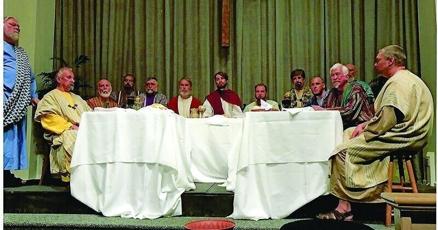
Holy Drama Unfolds: Living Last Supper Brings Biblical Scene to Life in Canandaigua
2025-04-04 12:00:00

